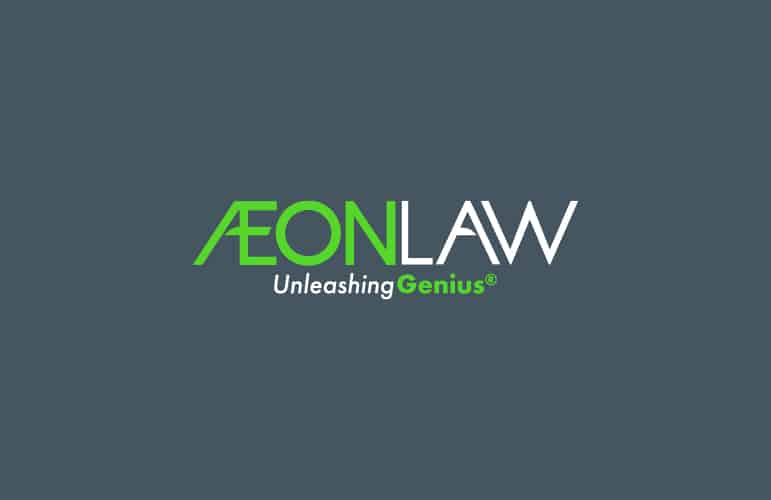The US Patent and Trademark Office (USPTO) has released proposed rules for micro entity status under the America Invents Act (AIA).
Micro entities are entitled to a 75% reduction in certain fees for filing, searching, examining, issuing, appealing, and maintaining patent applications and patents.
Under the proposed rules, a “micro entity” means an applicant who makes a certification that the applicant:
- Qualifies as a small entity as defined in 37 CFR 1.27;
- has not been named as an inventor on more than four previously filed patent applications, other than applications filed in another country, provisional applications under 35 U.S.C. 111(b), or international applications for which the basic national fee under 35 U.S.C. 41(a) was not paid;
- did not, in the calendar year preceding the calendar year in which the applicable fee is being paid, have a gross income, as defined in section 61(a) of the Internal Revenue Code of 1986 (26 U.S.C. 61(a)), exceeding three times the median household income for that preceding calendar year, as most recently reported by the Bureau of the Census; and
- has not assigned, granted, or conveyed, and is not under an obligation by contract or law to assign, grant, or convey, a license or other ownership interest in the application concerned to an entity that, in the calendar year preceding the calendar year in which the applicable fee is being paid, had a gross income, as defined in section 61(a) of the Internal Revenue Code of 1986, exceeding three times the median household income for that preceding calendar year, as most recently reported by the Bureau of the Census.
A “small entity” can be a person, small business, or nonprofit organization (including a university).
Micro entities also include applicants who are employees of non-profit or state institutions of higher education who certify that:
- The applicant’s employer, from which the applicant obtains the majority of the applicant’s income, is an institution of higher education as defined in section 101(a) of the Higher Education Act of 1965 (20 U.S.C. 1001(a)); or
- the applicant has assigned, granted, conveyed, or is under an obligation by contract or law, to assign, grant, or convey, a license or other ownership interest in the particular applications to such an institution of higher education.
The proposed rules specify the procedures for claiming status as a micro entity, paying micro entity fees, and loss of micro entity status.
Once micro entity status is established, it remains in effect until changed by an applicant. An applicant who is no longer eligible for reduced fees must file a notification of a loss of entitlement to the micro entity status before to paying any USPTO fees. An inadvertent improper payment of a reduced micro entity fee can be corrected, but a fraudulent payment of reduced fees is considered a fraud on the patent office.
The fee reduction won’t be available until the new rules are in place.
Since the AIA distinguishes between “applicant” and “inventor,” the USPTO has invited comments on whether “inventor” should be used in place of “applicant” in the micro entity rules.
The proposed rules can be found here.
The deadline for comments on the proposed rules is July 30, 2012, and comments can be sent to: micro_entity@uspto.gov.


